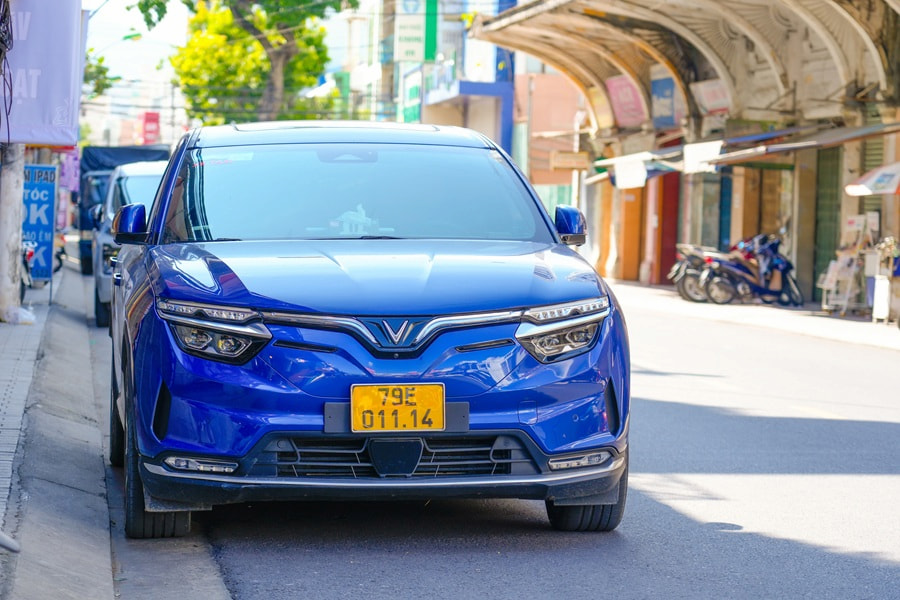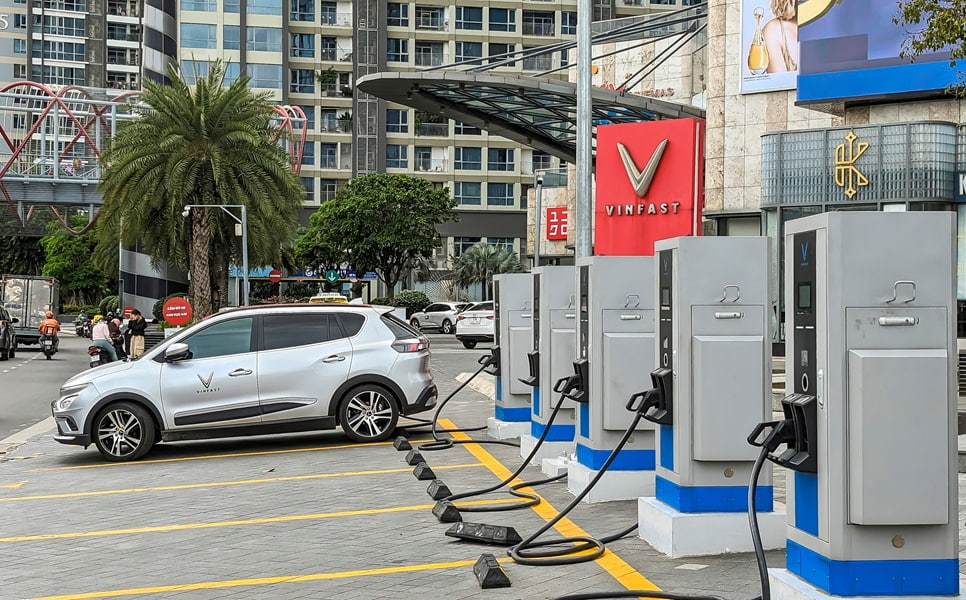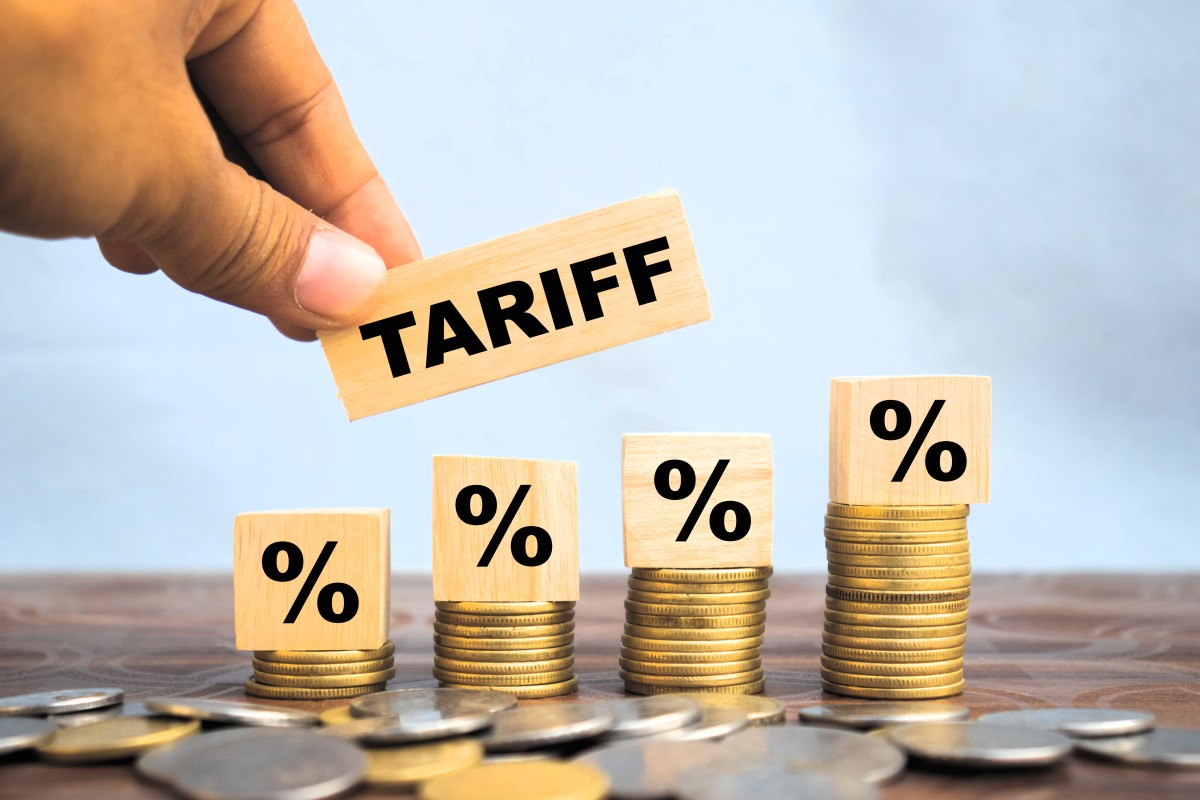Potential to attract investment
According to Dr Son, VinFast's success in the EV market is likely to have a significant positive impact on both domestic and foreign investors, proving Vietnam's growing EV industry as a great opportunity for larger investment funds to participate in.
“Major international car manufacturers and technology companies can seek cooperation opportunities or set up their own operations in Vietnam to capture the growing market,” the RMIT expert said.
Dr Son predicts that the EV market in Vietnam could reach a size of 5-7 billion US dollars in the next five years. Demand for EV batteries will increase, resulting in investment opportunities in battery production and recycling facilities. There will also be increasing demand for specialised components, creating opportunities for domestic and foreign suppliers.
He believes that the success of EVs in Vietnam could spur increased investment in research and development, potentially attracting venture capital funds focused on related areas, such as autonomous driving technology, smart vehicle systems, and advanced battery technology. Further, there will be opportunities to invest in the EV ecosystem, such as battery support, maintenance and exchange, and fleet management of semi-autonomous and then fully autonomous EVs.
Existing challenges
However, according to Dr Truong Quang Dung, a lecturer in Logistics and Supply Chain Management at RMIT University Vietnam, there are still big challenges when it comes to charging station infrastructure and grid capacity.
Currently, VinFast is the only automaker providing charging stations. With a plan to install 150,000 charging stations, the company will average 15 charging stations per 10,000 people, higher than the rates in the US and China. However, concerns remain about infrastructure distribution, with consumers saying charging stations are not widespread enough.
A survey in Ho Chi Minh City in December 2023 found that 86.83% of respondents were reluctant to switch to EVs, mainly due to concerns about the lack of charging stations. Although VinFast stations have covered highways and inter-provincial connections, there are still gaps in urban and rural residential areas. VinFast's refusal to share charging stations with other automakers in the next 10 years could limit infrastructure expansion.
“Another big challenge is Vietnam’s power grid, which may struggle to meet increased energy demand as the number of EVs soars,” Dr Dung said.
“The current grid infrastructure, especially in urban areas, lacks the capacity and reliability to support the rapid rise of EVs without major upgrades. To meet future demands, major investments in renewable energy such as solar energy will be essential,” he said.






